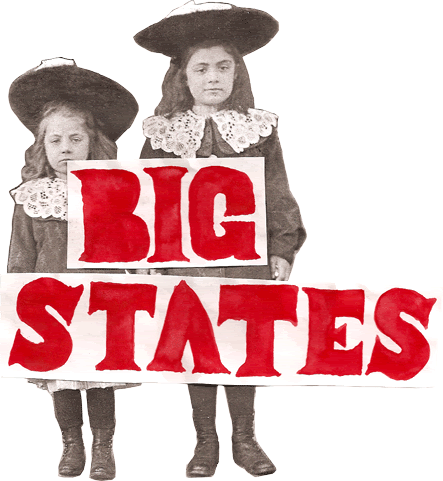
As fellow Big States contributor J. Everett Dixon pointed out, the "aggressively singular" Scott Walker is set to have a new documentary on him released stateside in January, Stephen Kijak's 30th Century Man. As a somewhat obssessive devotee of Walker's works, I am quite excited to see the man create, as well as what promise to be some very interesting interviews with Brian Eno, David Bowie, Radiohead, and the man himself. The film has dates in New York at the IFC Center on December 17th and 18th, and at Landmark Cinemas in SF/Berkeley on January 23rd, 2009. I reached Mr. Kijak by email on Dec. 3, 2008.
CORRECTION: Mr. Kijak just let me know that the dates posted are the beginnings of week-long runs. Even more opportunity to catch the film!
BIG STATES: What exactly was it that drew you to Scott Walker's music when you first heard it?
STEPHEN KIJAK: I heard everything I loved in it (all the dark and gloomy crooners, the dark and dramatic, the strange and surreal) and had no idea where it was coming from. Was it the past, the present? It seemed to exist in its own world, beamed in from some other universe. The first song I heard was "The Old Man's Back Again" and I was hooked.
I read somewhere that you intend for this to be a "film of discovery." Do you find it difficult to introduce his rather complex oeuvre to new listeners?
Not if it's done in the right order. The journey from the pop dramatics of 1967's "Montague Terrace" to the dense, abstract soundscapes of 2006's The Drift is a thrilling ride and there's generally something for everyone along the way (especially the middle period new-waveisms of Nite Flights and Climate of Hunter)
Biographical documentaries on musicians often seem to have trouble both weaving a compelling narrative and showcasing the work of the artist. How did you approach this problem in your film?
By cutting out all the extraneous 'personal' biographical bullshit and telling the story of the work, which has its own dramatic trajectory, which then illuminates the journey of the man, through his work.
Was he reluctant to be filmed?
Let's just say it took me 2 and a half years to get the first hint of a "yes" out of him.
Did you eventually establish a relationship with him beyond business acquaintance?
With his wonderful managers, yes. With him, no.
What part of Scott Walker, in your opinion, drives him to be so reclusive, shunning live shows and most media exposure?
He's just private. It seems to me he is still suffering in some way from the commercial failures of the 60's but has found a way back in creatively, so that the WORK feeds him and he doesn't need the adulation of an audience or heaps of press. The personal success of having done a thing to his own standards seems validation enough, which is extraordinary when you consider the amount of ego rumbling around in the music business!
Does Walker seem to be keenly aware of the influence his music has had?
He actually doesn't. He still thinks nobody knows who he is anymore.
Did he reveal to you any of the newer artists he admires besides the obvious (Pulp/Hawley)?
He loves Radiohead and a band called Acoustic Ladyland.
Did you find that Walker buys into his own "reclusive genius" mythology in any way?
No. It may serve him in that it lets him stay out of the public eye but I have never met a more genuine, egoless man in my life.
Where does he sit on the spectrum of humble to pretentious?
I think people throwing the claim of "pretension" at him have to examine their own sense of themselves and their insecurities with their own intelligence.
For someone born and raised on the West Coast (or anywhere in the US), it's pretty difficult to get an idea of just how influential and popular Scott Walker is in the UK. During your interviews with Bowie, Cocker, Eno, et al, was there ever a moment of realization as to just how important Walker is to UK rock culture?
He is enormously important. You have to understand, in the UK, from 1965-67, nearly every day in the pop papers, it was Beatles, Stones, Walkers. They were THAT huge, and he remained so until 1969 as a solo star. He was a giant. His music reverberated deep into the psyche of the British. Those songs are eternal. And here in his home couuntry, he's a footnote. Well, not for long!!

No comments:
Post a Comment